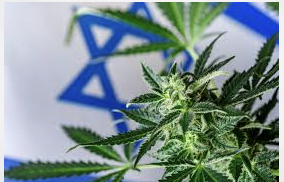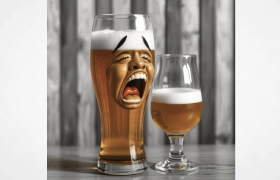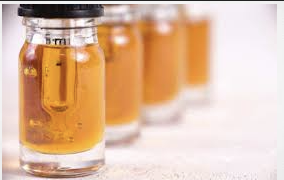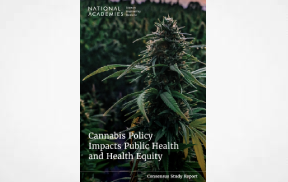Authored By
Much has recently been discussed about the potential value to the cannabis industry of last Monday’s decision by the U.S. Supreme Court concerning states authorizing sports betting. Murphy v. NCAA, No. 16-476 (U.S., May 14, 2018). For example, see “The Implications of Murphy v. NCAA for State Marijuana Reforms,” authored by Vanderbilt University Law School Professor Robert Mikos.
While some of the arguments are interesting, caution should be exercised here. The law at issue in the Murphy case, the Professional and Amateur Sports Protection Act, did “not make sports gambling a federal crime … Instead, [it] allow[ed] the Attorney General … to bring civil actions to enjoin violations.” (Slip Op., at 5.) In contrast, federal law makes it a crime to possess, sell or manufacture marijuana, or to aid or abet others in doing so (12 U.S.C. § 841(a)(1) and 18 U.S.C. § 2). Judge Alito, in the majority opinion, supported the so-called “anticommandeering” doctrine as part of the Constitutional mandate “to withhold from Congress the power to issue orders directly to the States.” However, he also reiterated that “when federal and state law conflict, federal law prevails and state law is preempted” (Slip Op., at 14-15).
While Murphy is an important decision, time will tell as to what — if any — effect it may have concerning the state laws permitting medical, and especially recreational, marijuana use.


















